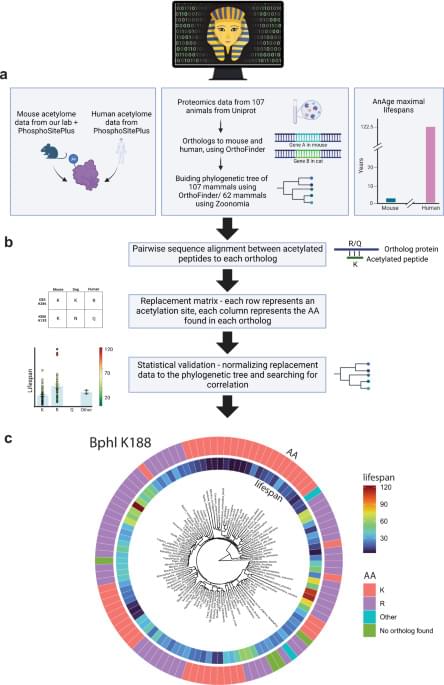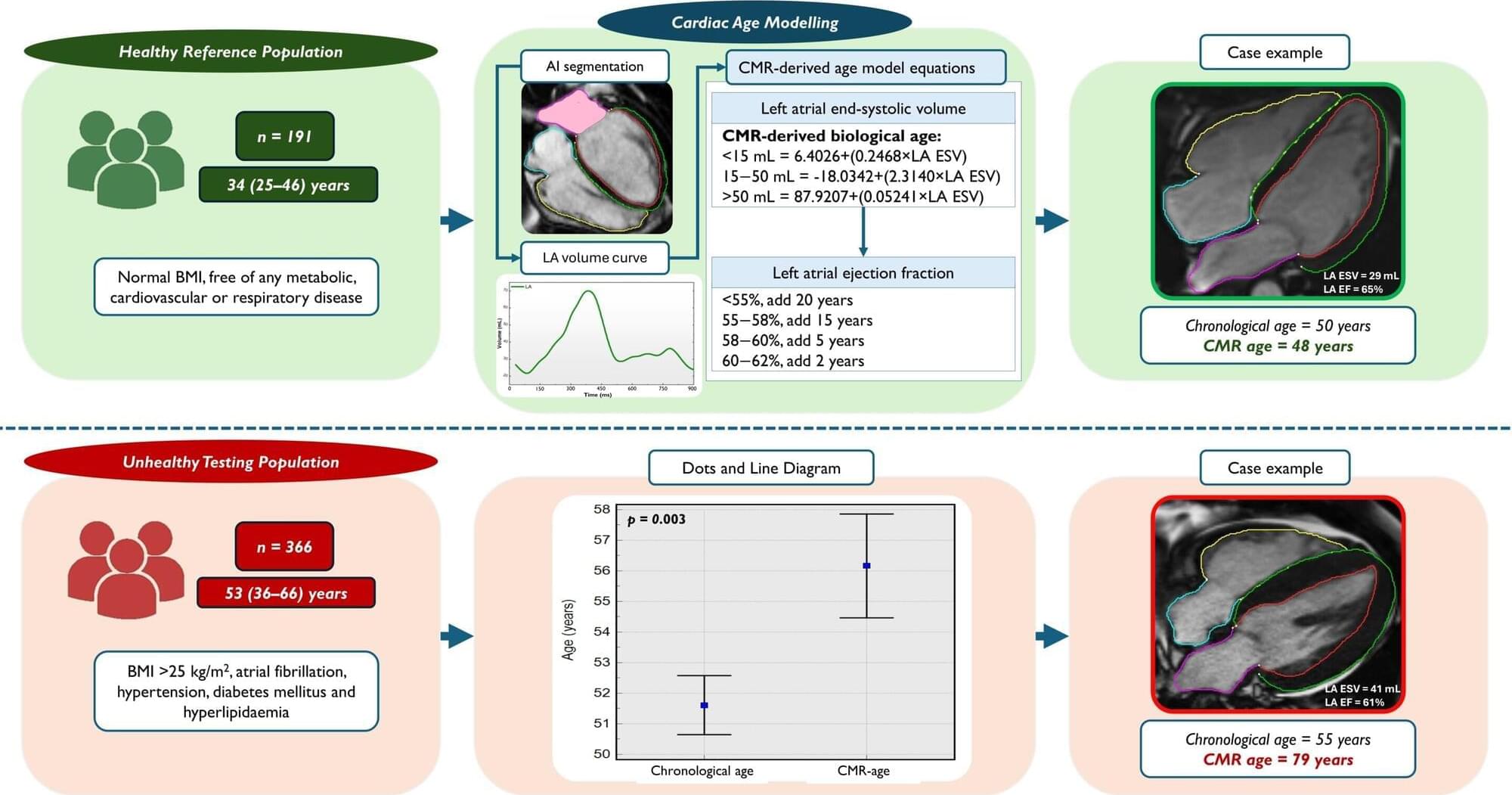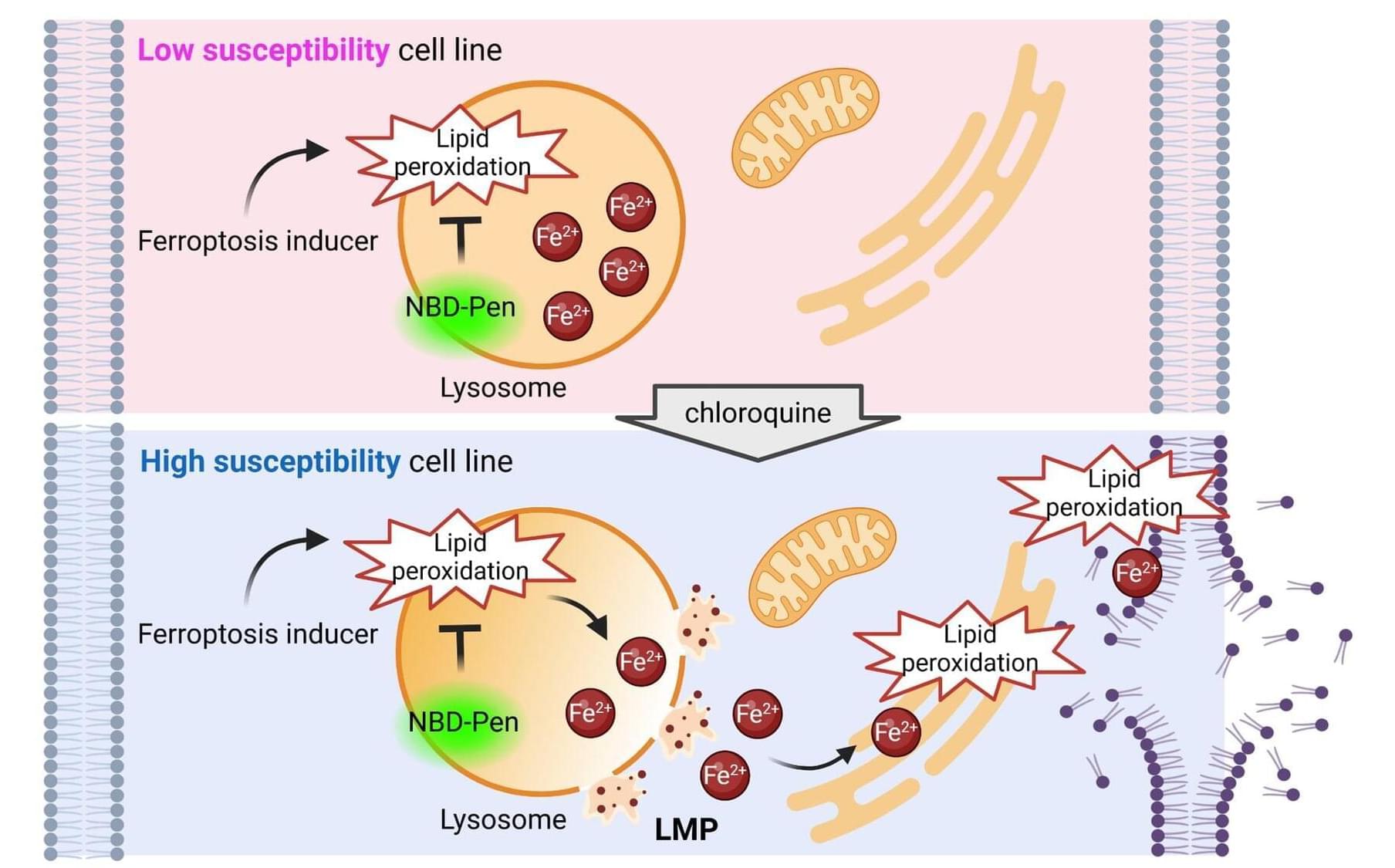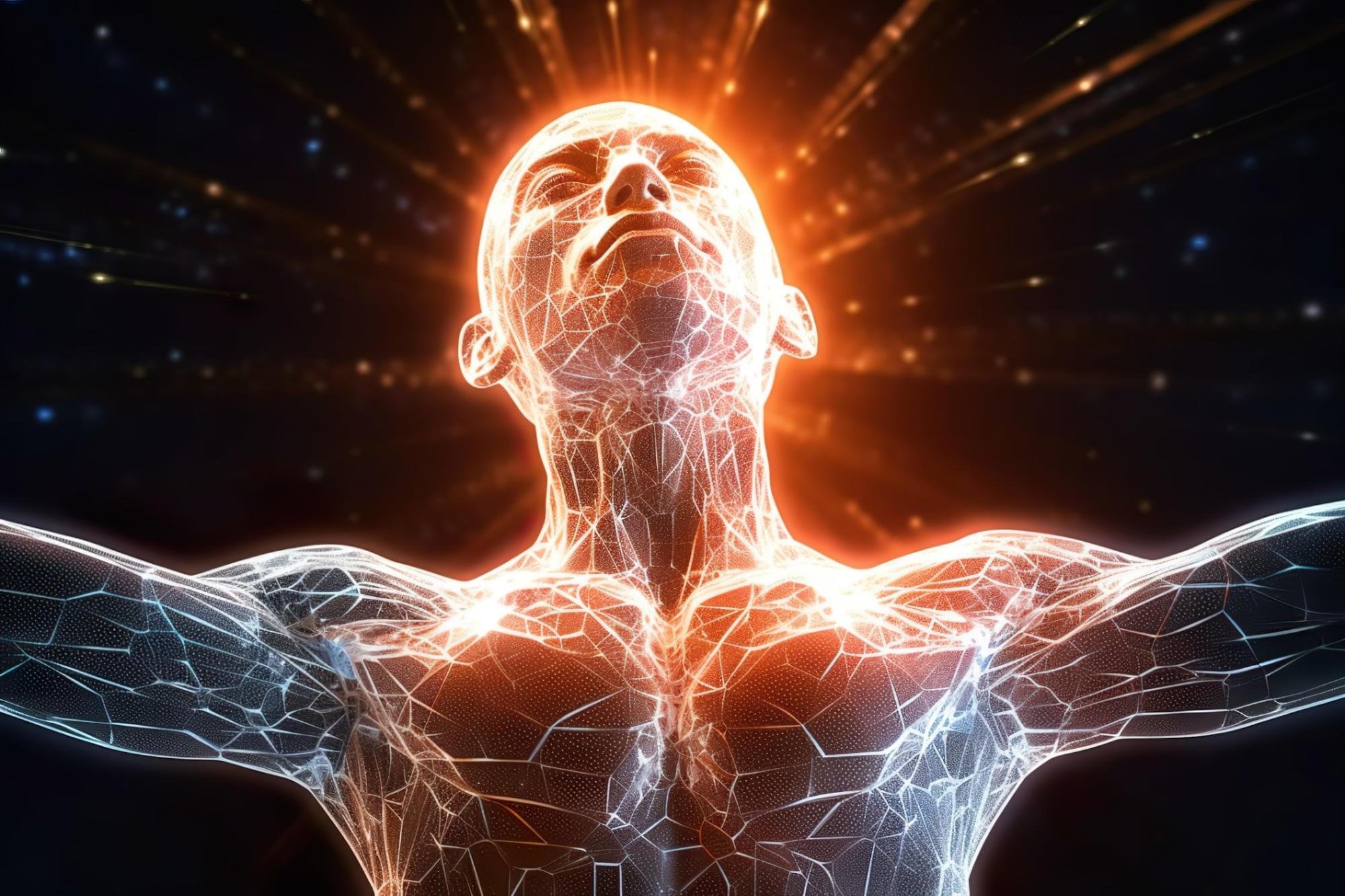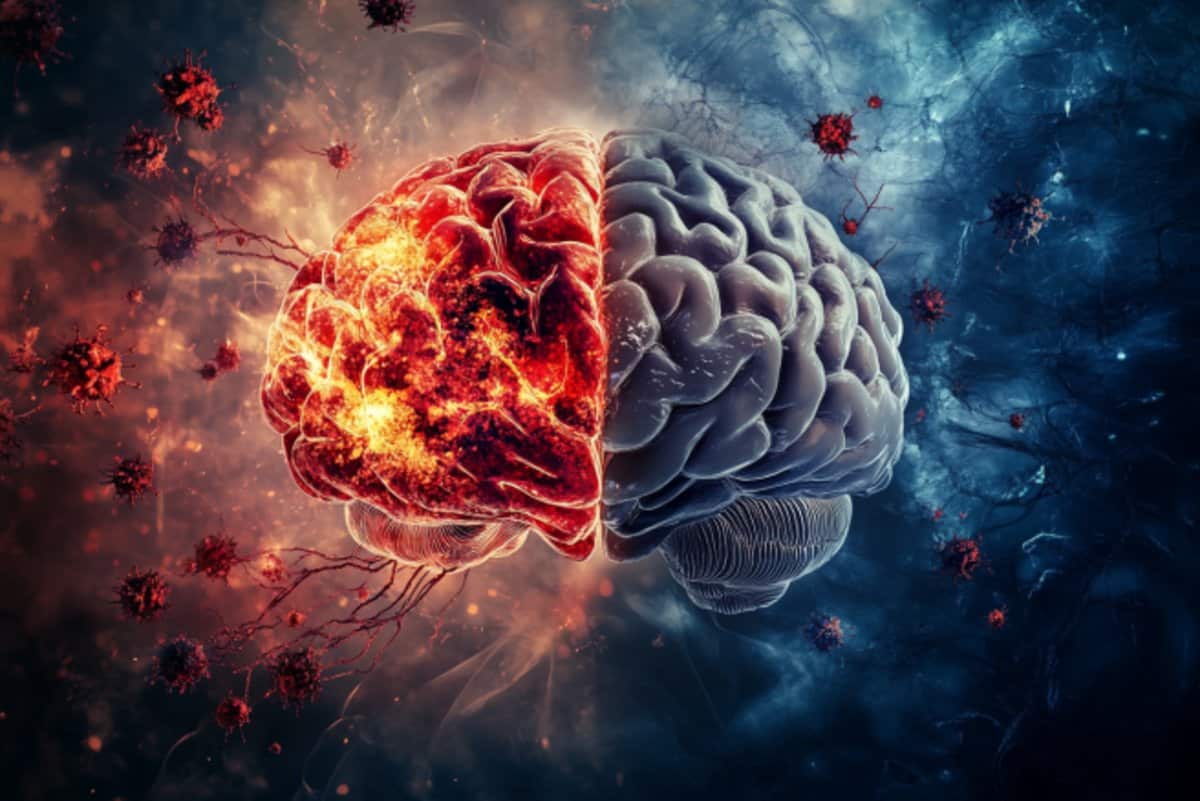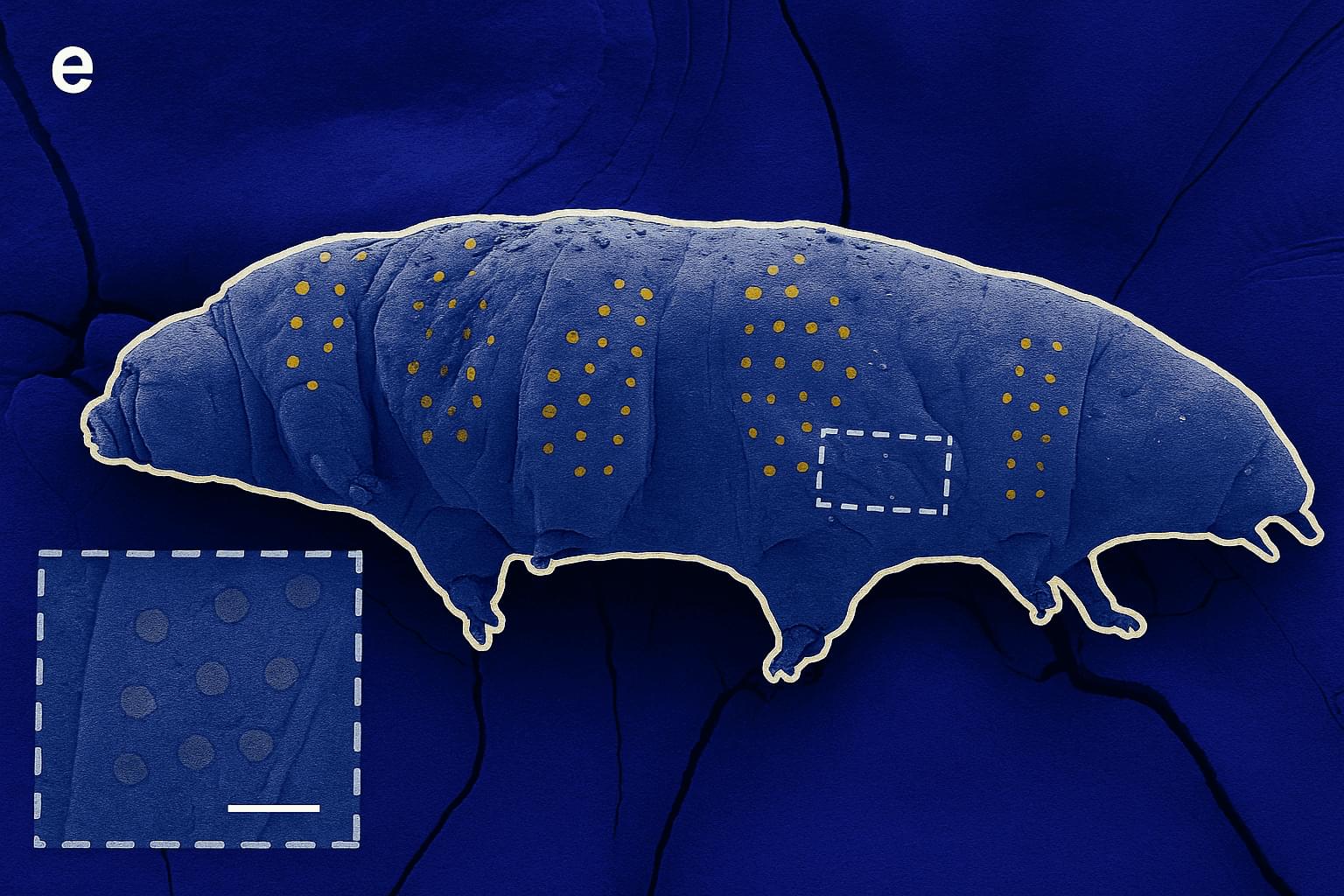Over the past several decades, human lifespan has steadily increased. However, this progress has also led to a growing proportion of the population suffering from age-related diseases such as cancer, neurodegenerative disorders, and diabetes. Extending both lifespan and healthspan, the period of life spent in good health, requires a deeper understanding of the biological mechanisms that promote healthy aging.
In the natural world, mammalian lifespans vary enormously, ranging from just 1 to 2 years in some rodents to more than a century in species.
A species is a group of living organisms that share a set of common characteristics and are able to breed and produce fertile offspring. The concept of a species is important in biology as it is used to classify and organize the diversity of life. There are different ways to define a species, but the most widely accepted one is the biological species concept, which defines a species as a group of organisms that can interbreed and produce viable offspring in nature. This definition is widely used in evolutionary biology and ecology to identify and classify living organisms.
